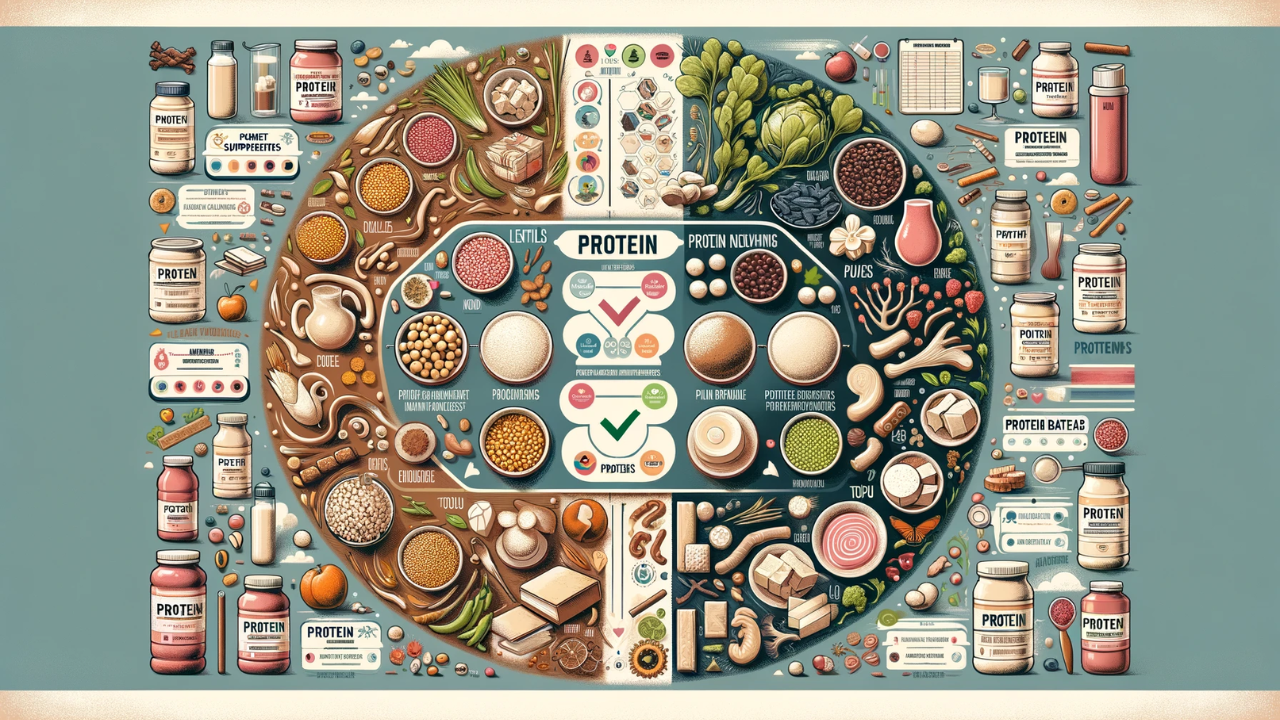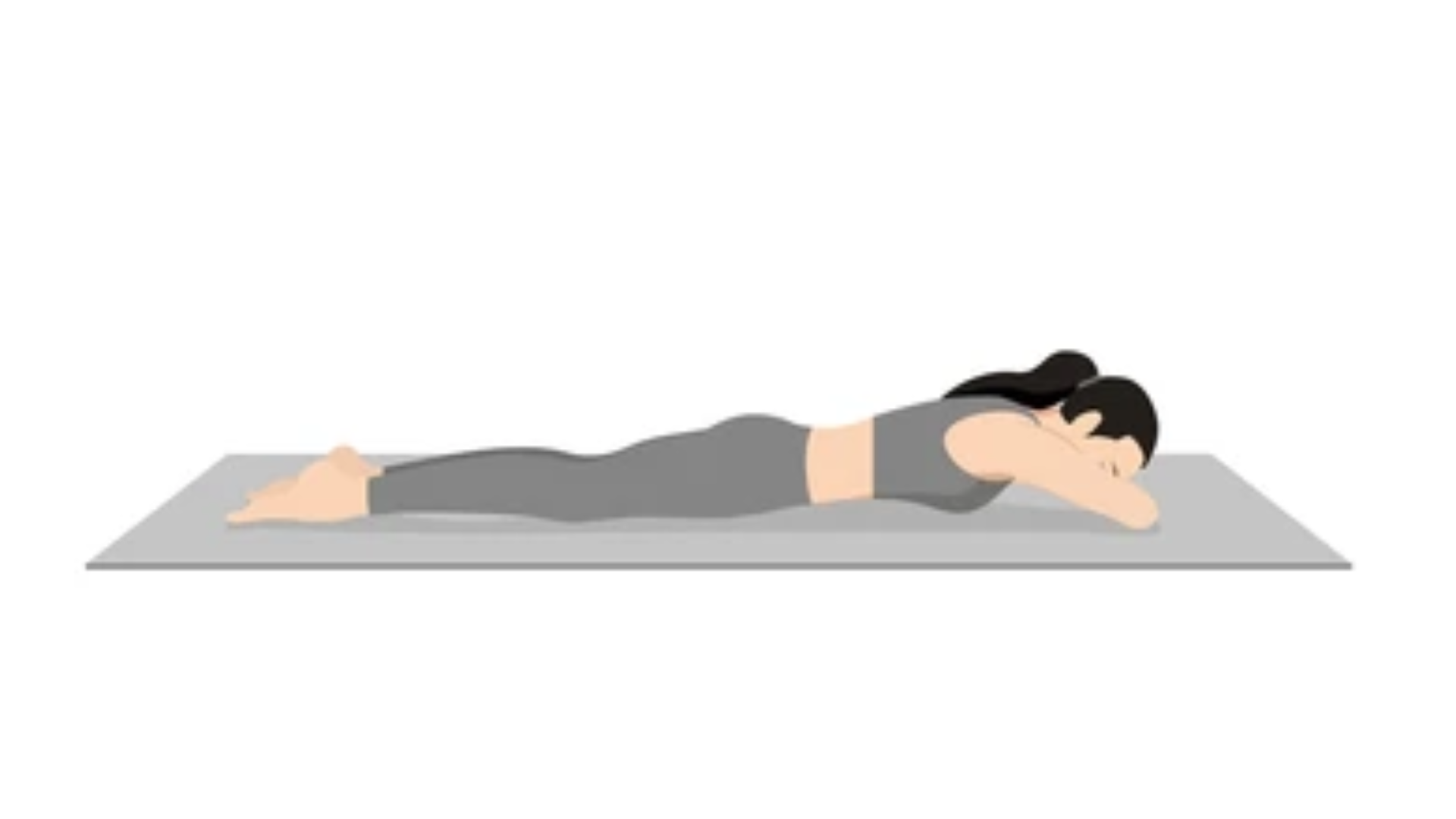
Protein is a vital nutrient that our bodies need to function properly. But with so much talk about supplements, you might wonder if you really need them. Can you get enough protein from natural sources, especially if you’re following a plant-based diet? Let’s dive into the world of protein, exploring the best natural sources and the benefits they offer.
Why is Protein Important?
Protein is essential for various bodily functions, including building and repairing tissues, producing enzymes and hormones, and supporting immune health. It’s a major component of muscles, bones, skin, and blood. Without adequate protein, your body can’t perform these crucial tasks efficiently.
Do You Really Need Protein Supplements?
For most people, getting enough protein from a balanced diet is entirely possible. However, protein needs can vary based on age, activity level, and health goals. While athletes, bodybuilders, or those with specific health conditions might benefit from supplements, the average person can often meet their protein needs through natural food sources.
The Benefits of Natural Protein Sources
Natural protein sources come with a host of benefits. They’re packed with essential nutrients that supplements might lack, such as fiber, vitamins, and minerals. Moreover, whole foods are less processed, making them a healthier choice overall.
Top Plant-Based Protein Sources
If you’re looking to boost your protein intake naturally, here are some excellent plant-based options:
- Legumes: Beans, lentils, and chickpeas are fantastic sources of protein. They’re also rich in fiber, which aids digestion and keeps you feeling full longer.
- Nuts and Seeds: Almonds, chia seeds, and hemp seeds are protein powerhouses. They also provide healthy fats and essential nutrients like magnesium and vitamin E.
- Tofu and Tempeh: Made from soybeans, these versatile foods can be used in a variety of dishes. They’re not only high in protein but also contain all the essential amino acids your body needs.
- Quinoa: This ancient grain is a complete protein, meaning it contains all nine essential amino acids. It’s also gluten-free and high in fiber.
- Seitan: Also known as wheat meat, seitan is made from gluten and is an excellent source of protein for those who can tolerate gluten. It’s a popular meat substitute due to its texture and versatility.
- Green Peas: A simple and often overlooked source of protein, green peas can be added to a variety of meals, providing a protein boost along with vitamins A, C, and K.
- Edamame: Young soybeans are not only high in protein but also rich in vitamins and minerals like folate and vitamin K.
It’s Here Bulking in Summer: Diet and Workout
Benefits of a Natural Protein Diet
Choosing natural protein sources over supplements has several benefits:
- Nutrient-Rich: Whole foods offer a variety of nutrients that support overall health.
- Fiber Intake: Many plant-based proteins are high in fiber, which aids digestion and promotes a feeling of fullness.
- Reduced Risk of Chronic Diseases: Diets rich in plant-based foods are linked to lower risks of heart disease, diabetes, and certain cancers.
- Environmental Impact: Plant-based proteins typically have a smaller environmental footprint compared to animal proteins.
When Are Supplements Beneficial?
While natural sources are ideal, there are situations where supplements might be helpful:
- Increased Protein Needs: Athletes, bodybuilders, or those recovering from surgery or illness might need more protein than what they can easily get from food.
- Convenience: For busy individuals, protein supplements can be a quick and easy way to ensure they meet their daily protein needs.
- Dietary Restrictions: Those with specific dietary restrictions or allergies might find it challenging to get enough protein from food alone.
7 Powerful Reasons to Choose Vegetarian has to know
Conclusion
Incorporating natural protein sources into your diet is not only feasible but also beneficial for your overall health. While protein supplements can be useful in certain situations, most people can meet their protein needs through a balanced diet rich in plant-based proteins. So, next time you plan your meals, consider adding some of these natural protein sources for a healthy and sustainable diet.

